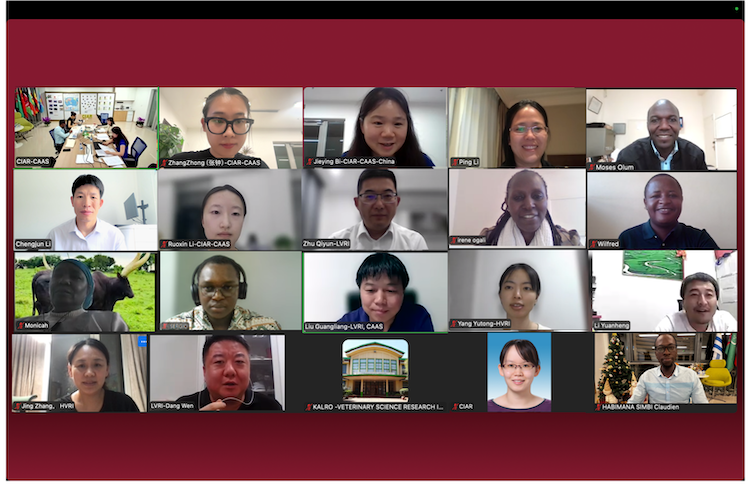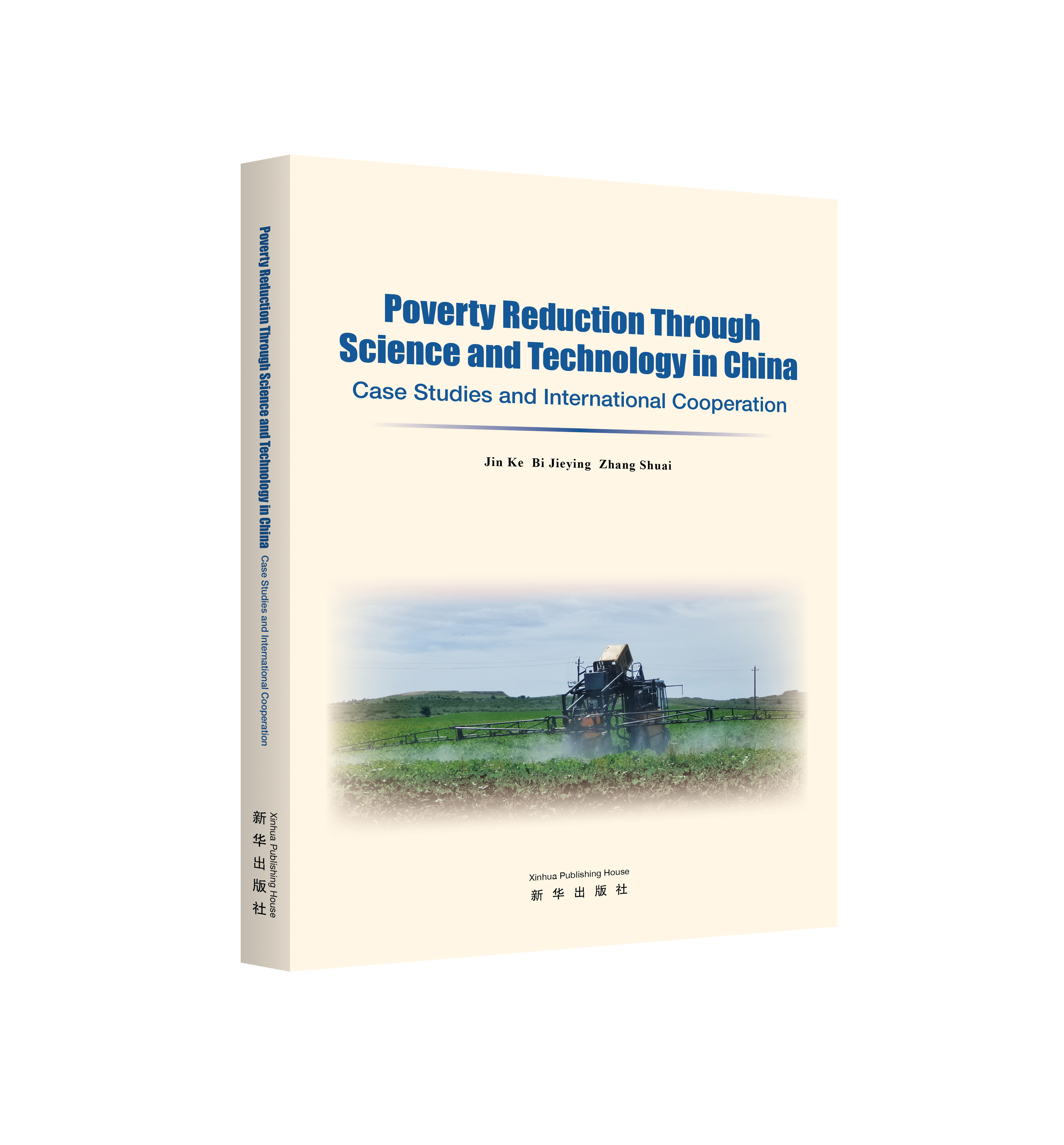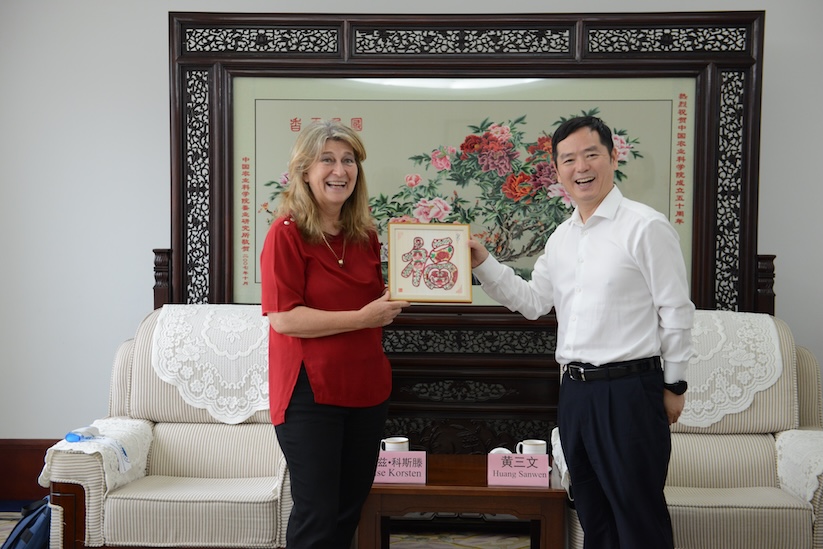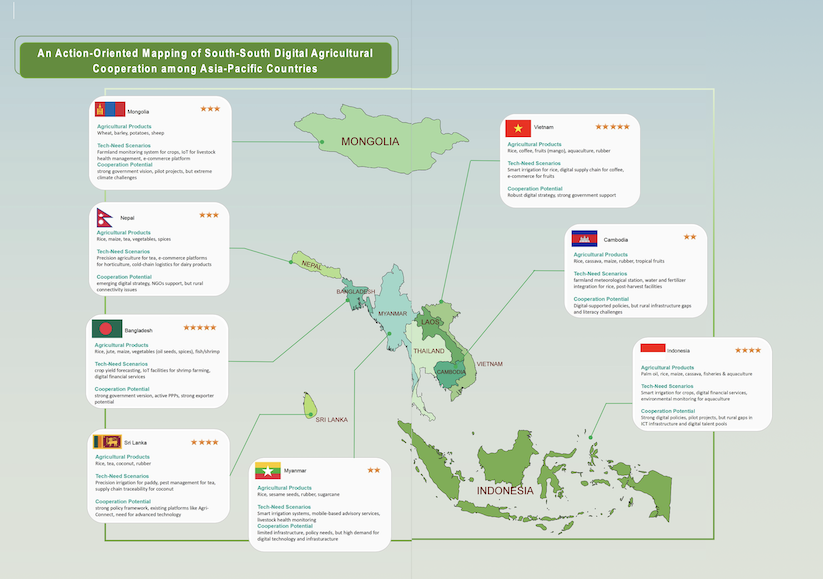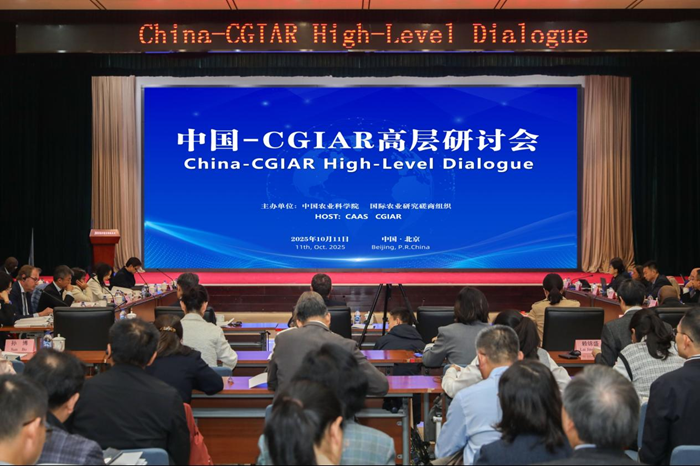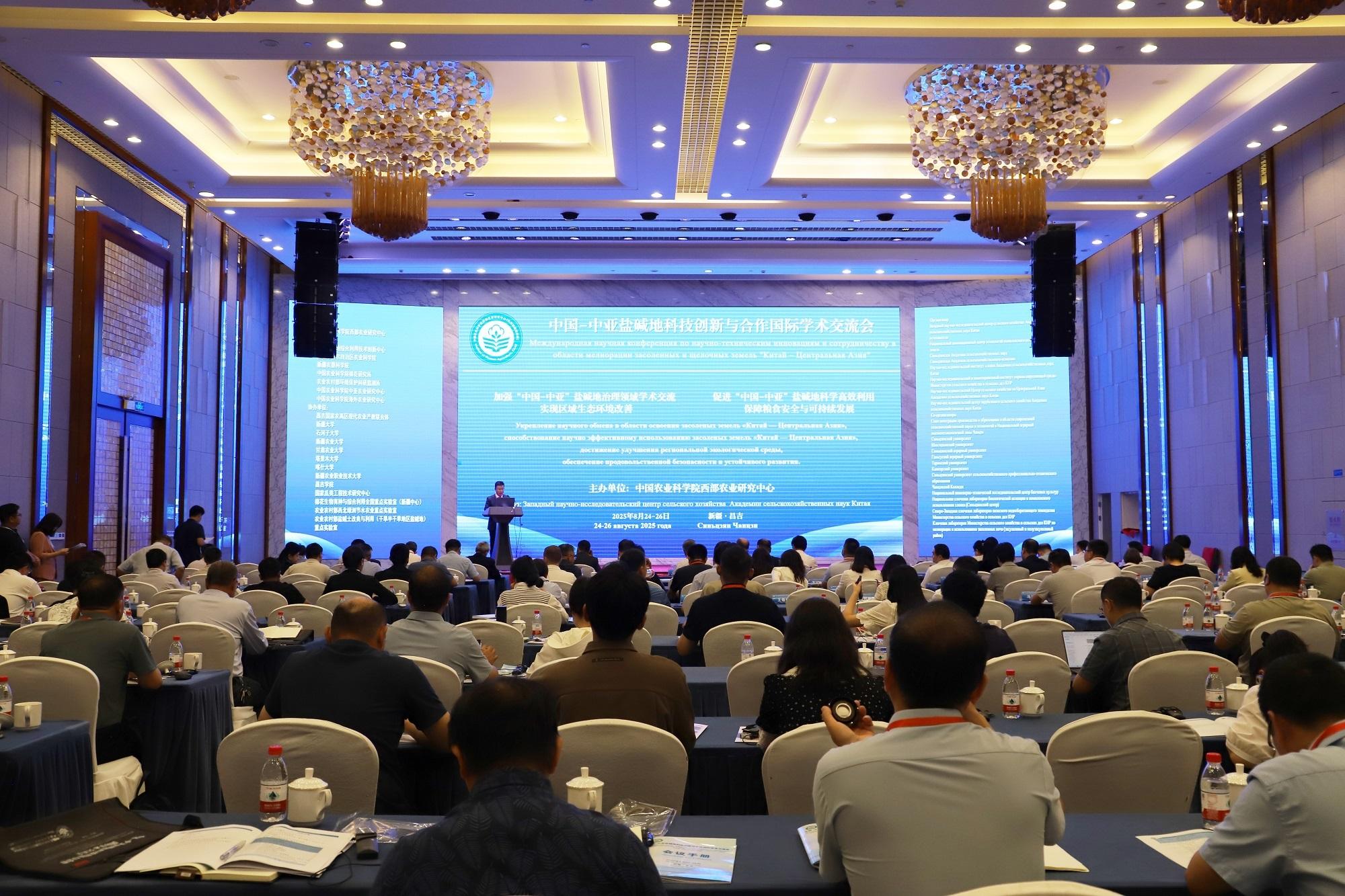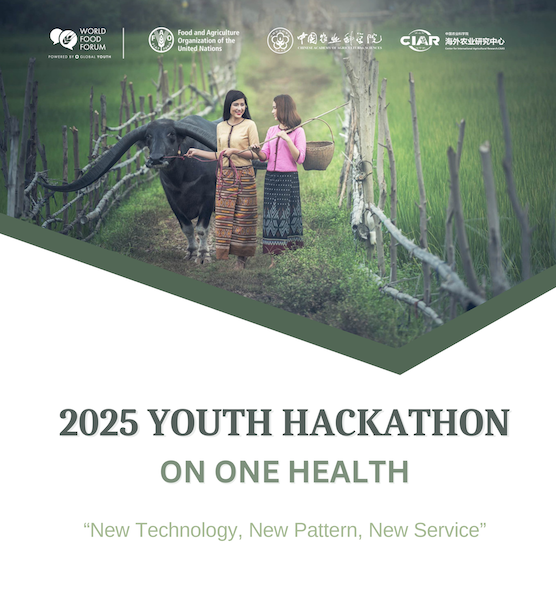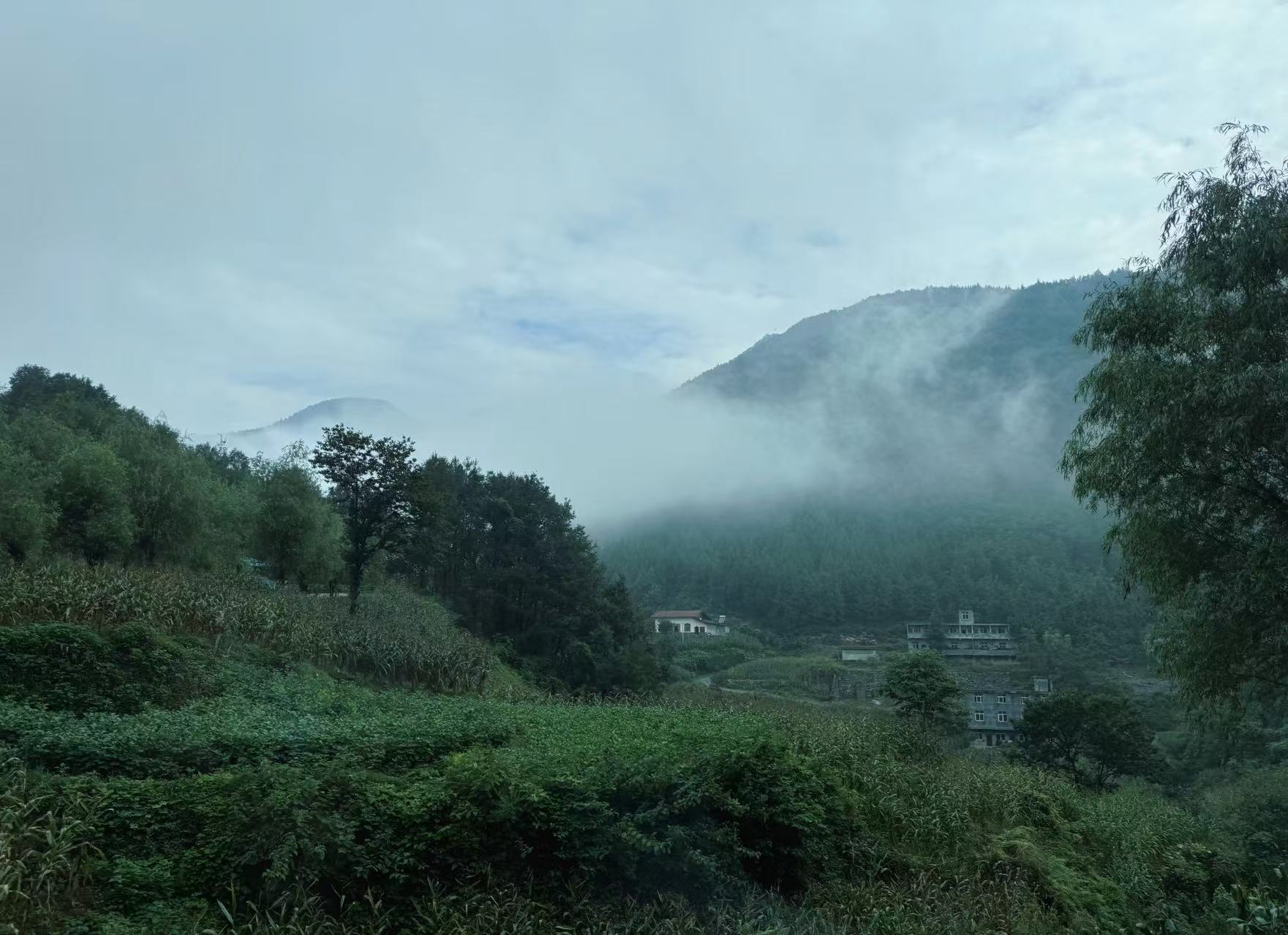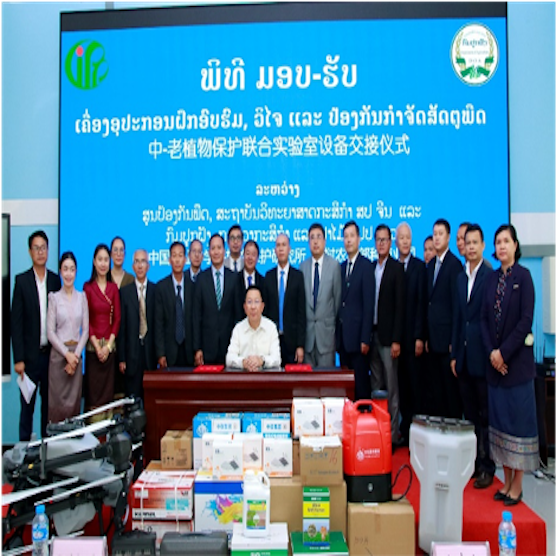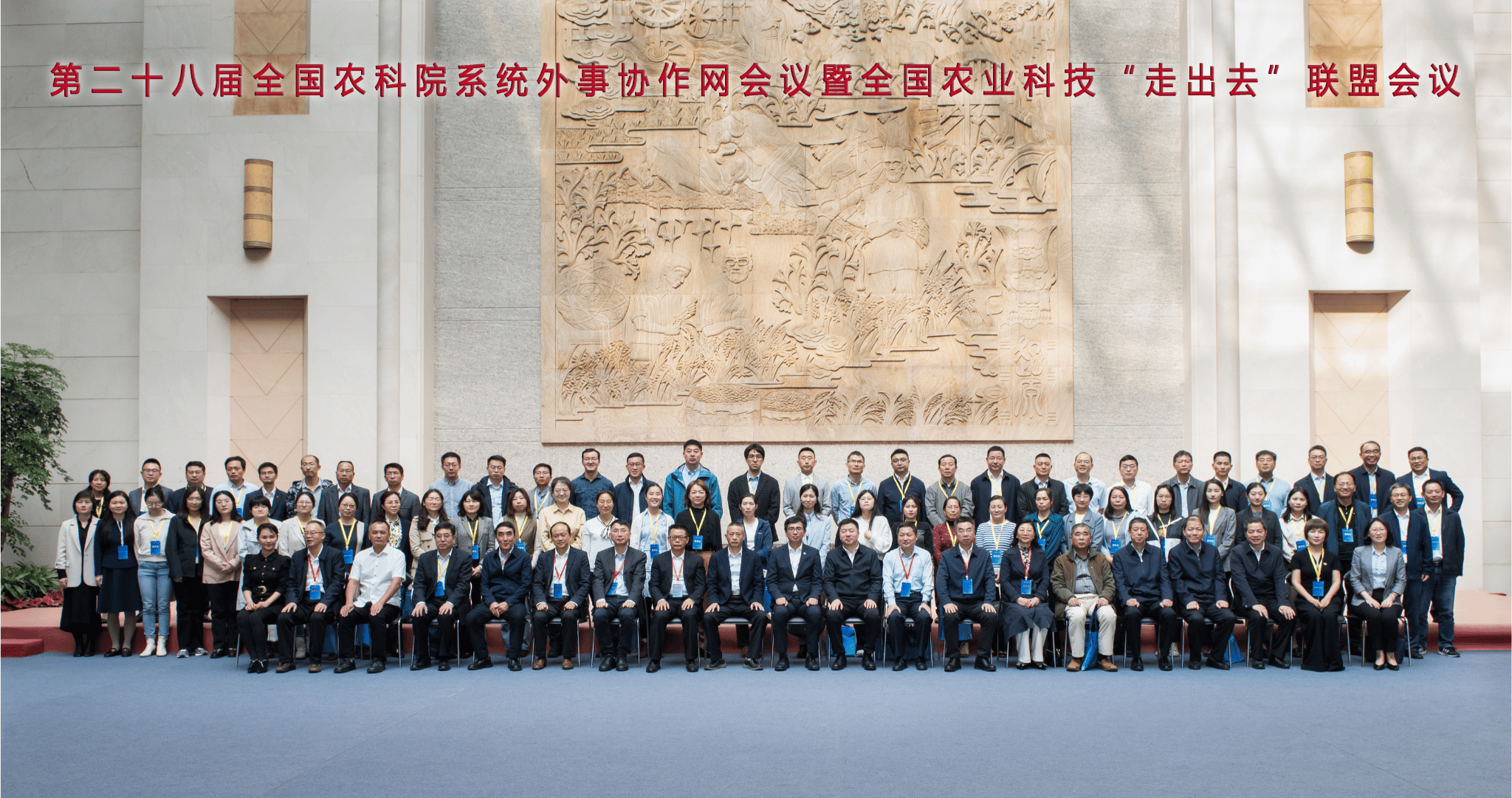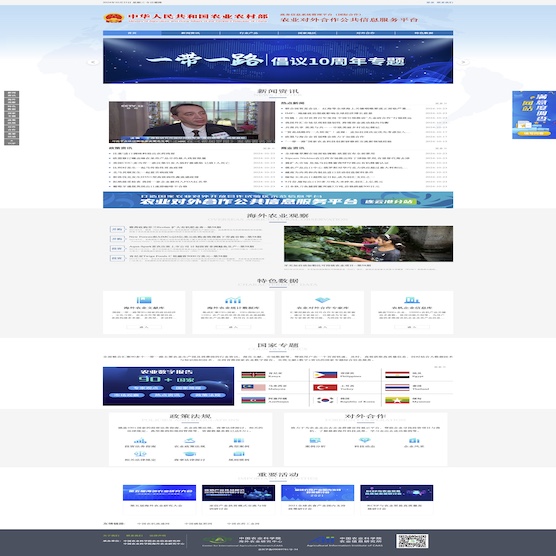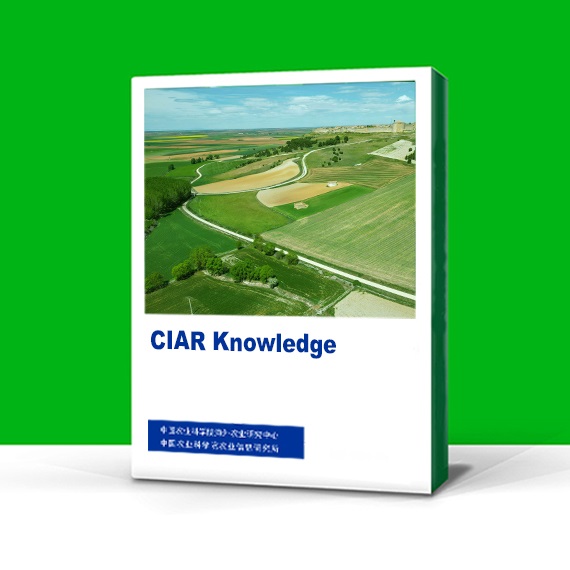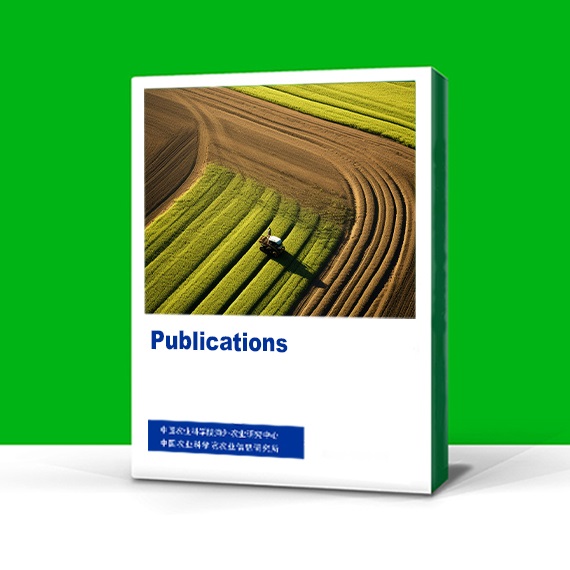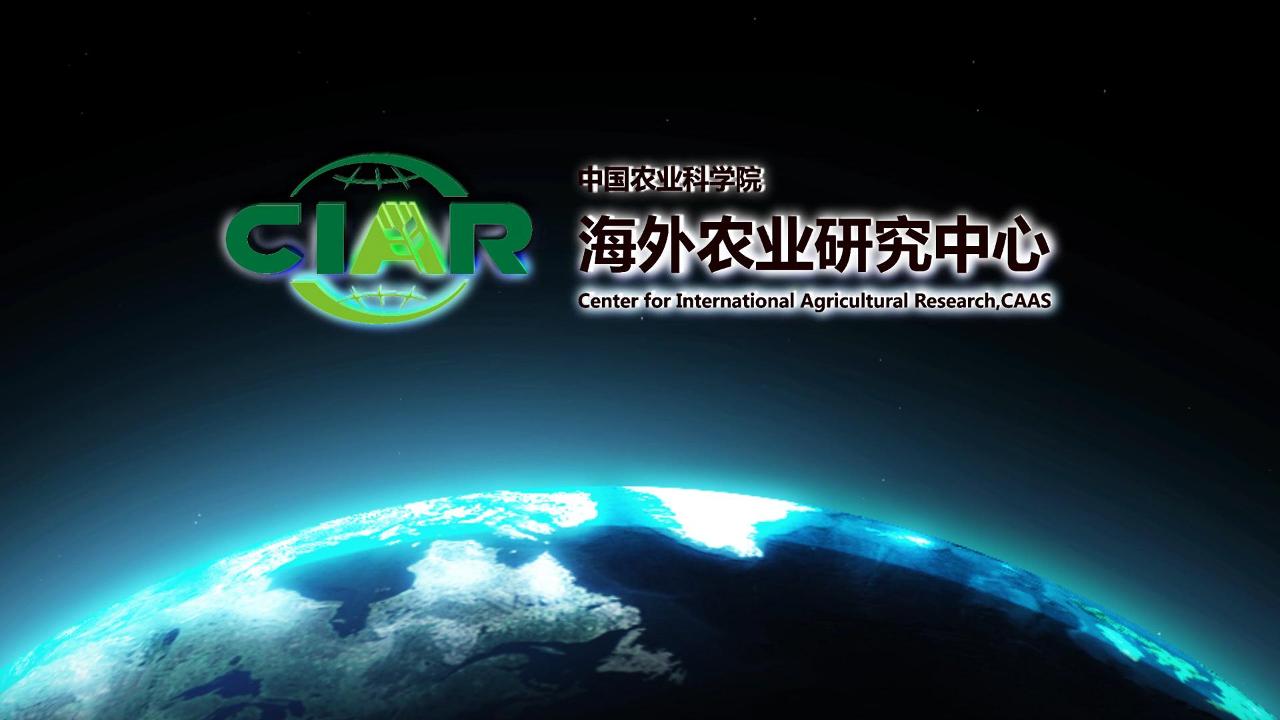-
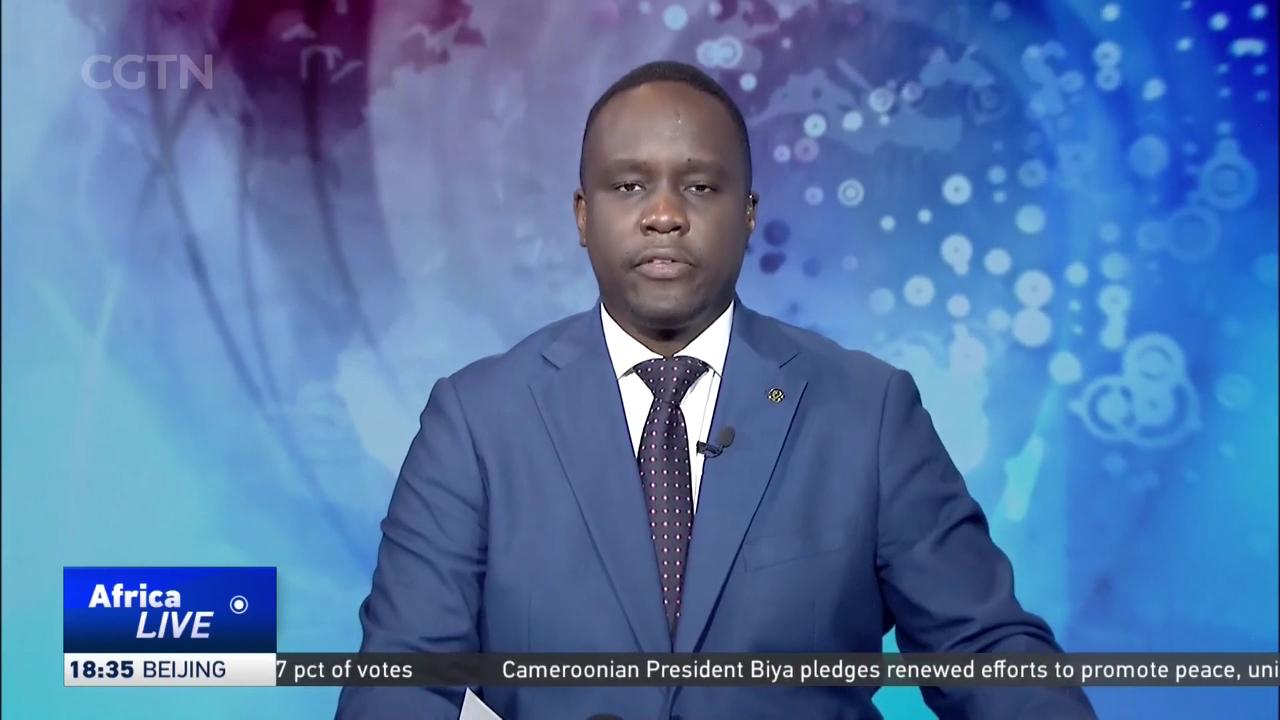
CGTN Africa Live
-
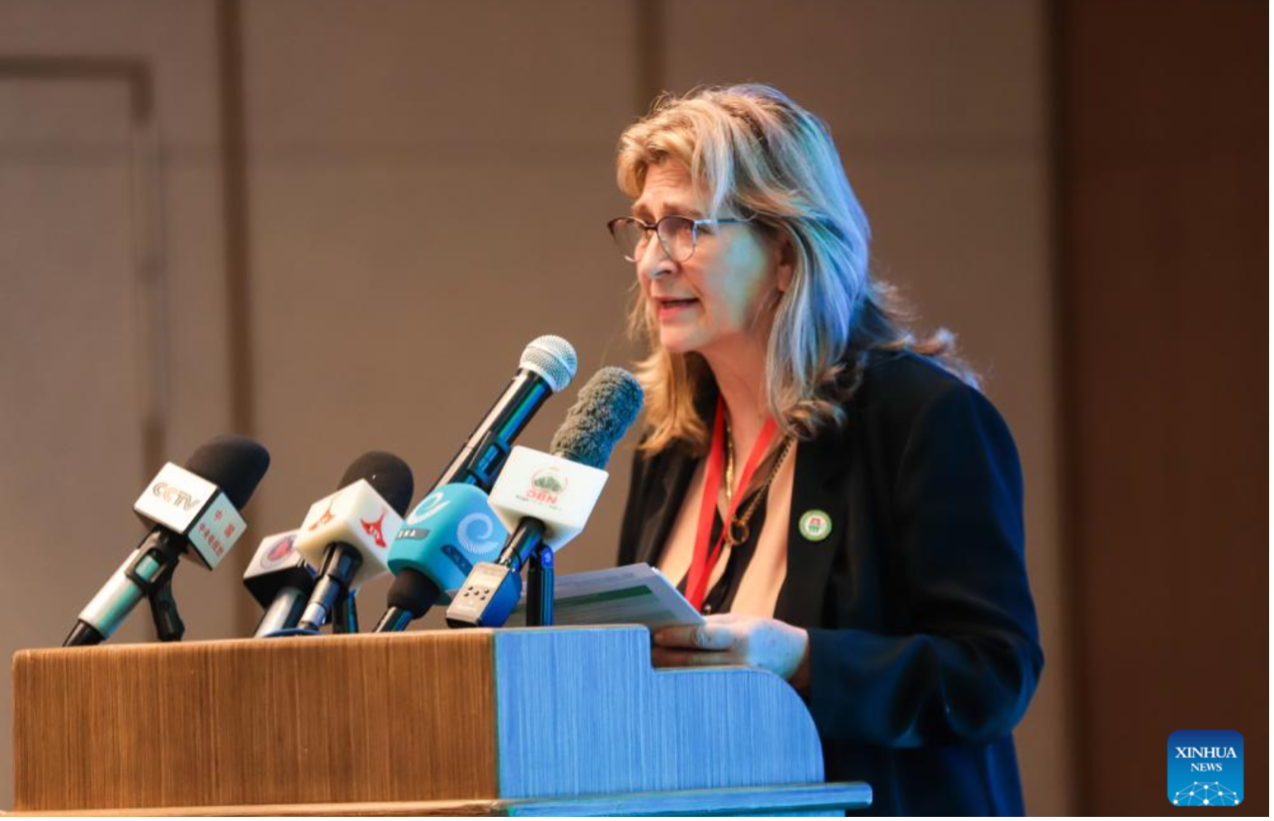
China-Africa Alliance Unveils Six Agricultural Innovation Projects in Addis Ababa as Ethiopia Secures Four Sub-Projects
The China-Africa Agricultural Science and Technology Innovation Alliance (CAASTIA) has outlined an a...
-
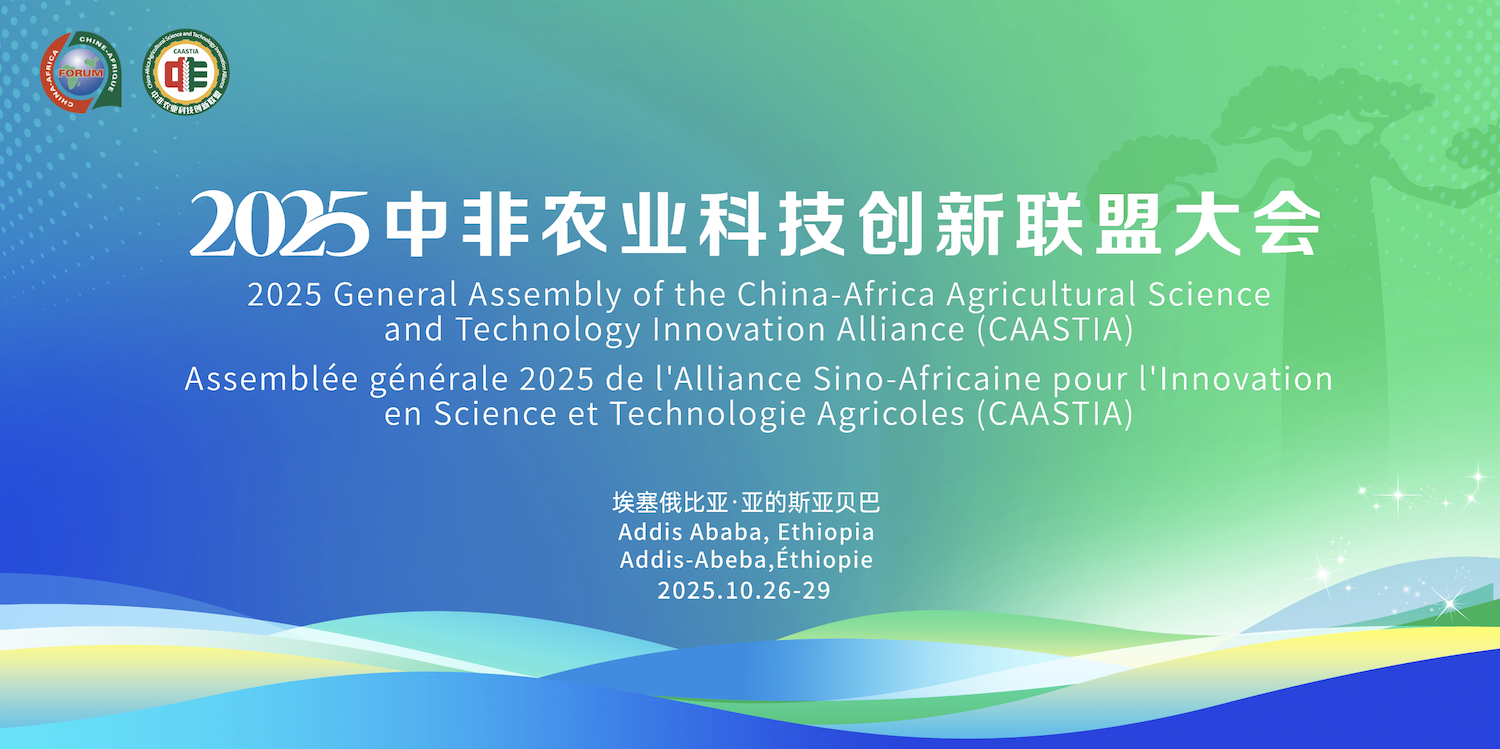
African experts call for cooperation with China to boost agricultural productivity
ADDIS ABABA, Oct. 28 (Xinhua) -- African agricultural experts have called for intensified cooperatio...
-
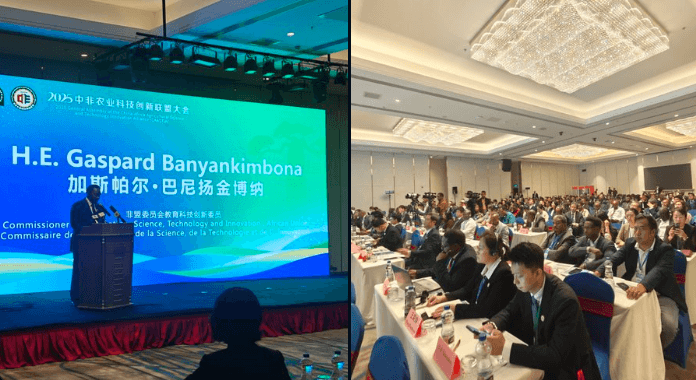
China–Africa Alliance Sets New Milestone for Agricultural Innovation at CAASTIA General Assembly
The African Academy of Sciences (AAS), in partnership with the Chinese Academy of Agricultural Sci...
-

[CCTV-13]《央视新闻》埃塞俄比亚 2025中非农业科技创新联盟大会召开
-
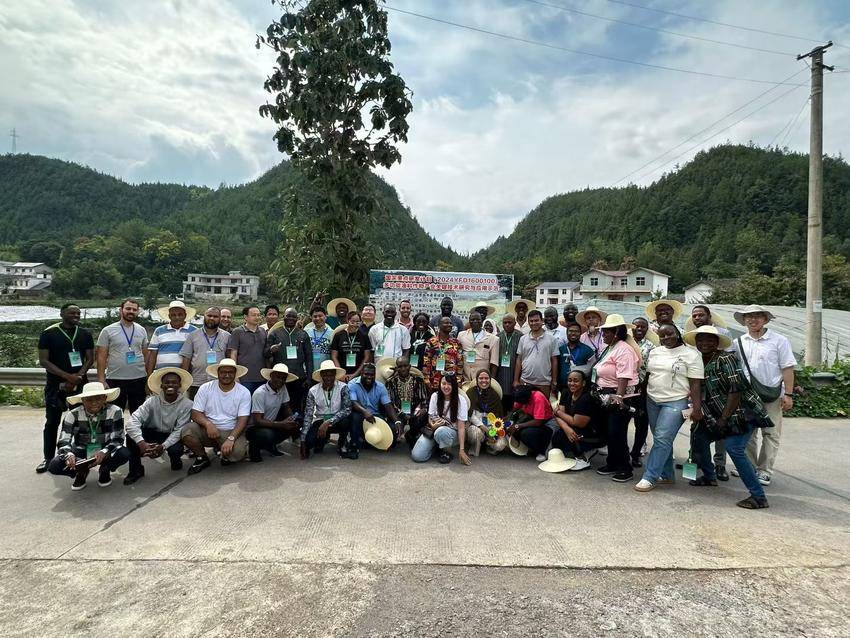
Cuijiaba, Enshi City: An “Informal Talk” with African Friends
Hubei Daily App · September 4, 2025 (By correspondents Zhang Zufen, Zhou Jin, and Wang Weixi) On Se...
-
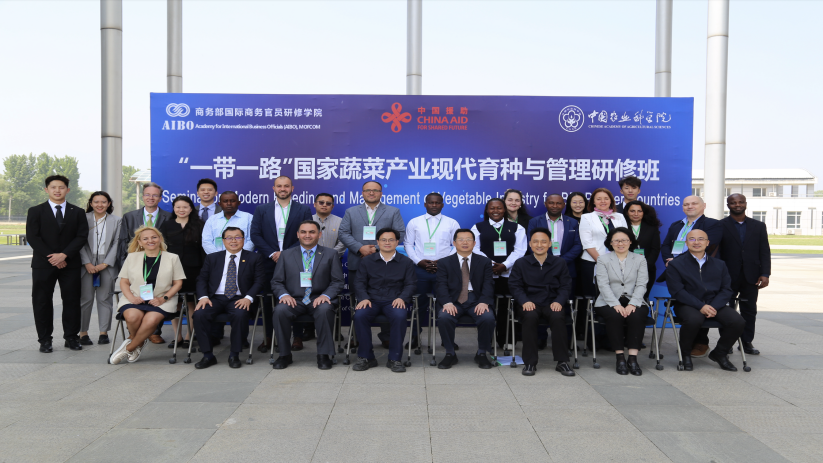
Opening Ceremony of the Seminar on Modern Breeding and Management of the Vegetable Industry for BRI Partner Countries Successfully Held in Yanqing, Beijing
On May 15, the Opening Ceremony of the Seminar on Modern Breeding and Management of the Vegetable In...
-
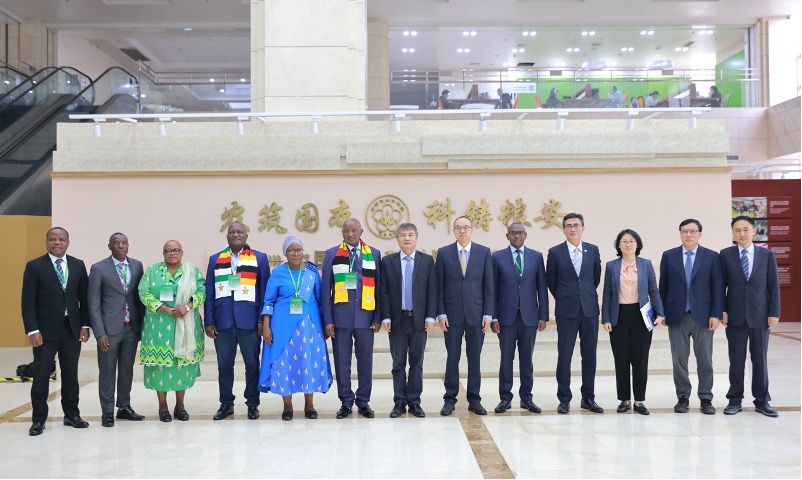
Ministerial Workshop on Digital Agriculture and Rural Revitalization for BRI Partner Countries
Time:From October 13th, 2024 to October 22nd, 2024 (10 days) Language: English 1. Project Backgrou...
-
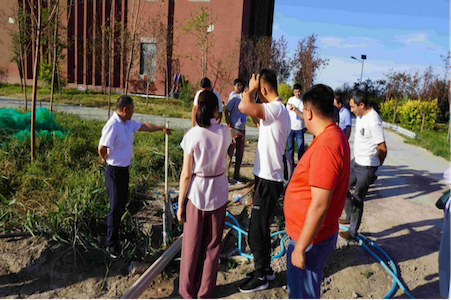
Seminar on Cotton Production and Management for Central Asian Countries
Time:From July 17th, 2024 to July 30th, 2024 (14 days) Language: Russian 1. Project Background Co...
-
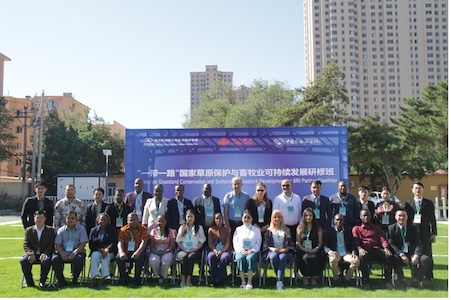
Seminar on Grassland Conservation and Sustainable Livestock Development for BRI Partner Countries
Time: From July 15th, 2024 to July 28th, 2024(14 days) Languege: English 1. Project Background Th...





